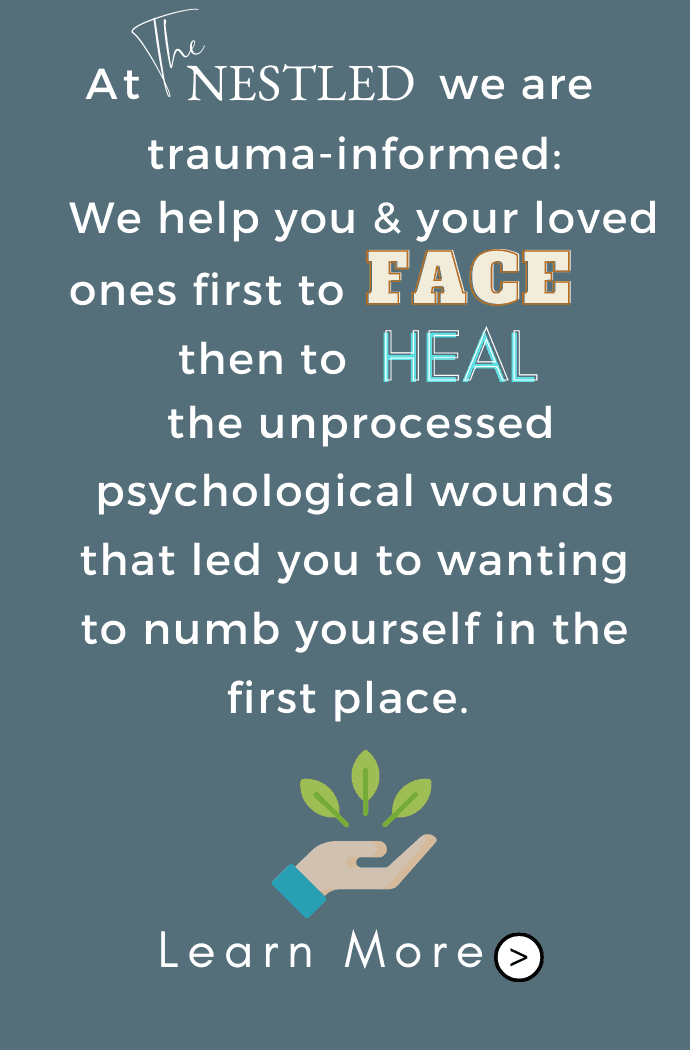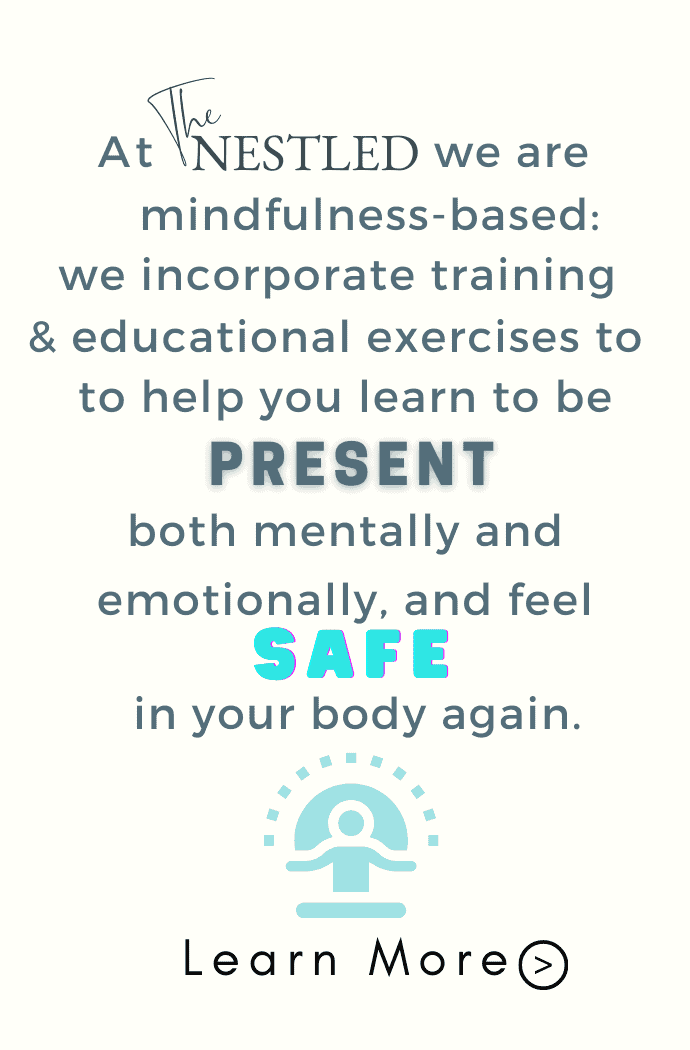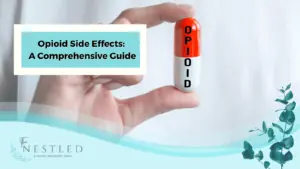When it comes to addiction recovery, relapse prevention is a crucial component that cannot be overlooked. The journey to recovery can be challenging, and without the right tools, individuals may find themselves reverting to old habits and behaviors. In this article, we will explore the concept of relapse prevention, its importance in addiction recovery, and expert tips for mastering it.
Understanding Relapse Prevention
Relapse prevention refers to the strategies and techniques used to help individuals who have struggled with addiction maintain their sobriety and prevent relapse. While relapse prevention can be applied to a wide range of addictive behaviors, it is most commonly associated with substance abuse and addiction.
Relapse prevention is based on the understanding that addiction is a chronic disease that requires ongoing management and support. Just as someone with diabetes needs to monitor their blood sugar levels and take insulin regularly, individuals in recovery need to be proactive in managing their addiction and avoiding triggers that could lead to relapse.
The Importance of Relapse Prevention in Addiction Recovery
Relapse is a common and often expected occurrence in addiction recovery. In fact, research has shown that between 40% and 60% of individuals in recovery will experience at least one relapse. However, this does not mean that relapse is inevitable.
Relapse prevention is critical in addiction recovery because it helps individuals develop the skills and strategies they need to manage triggers and cravings that could lead to relapse. By learning how to identify and avoid triggers, individuals can build their confidence and resilience, which can help them maintain their sobriety over the long term.
What Is Relapse Prevention Therapy?
Relapse prevention therapy is a type of cognitive-behavioral therapy that is designed to help individuals in recovery identify and manage triggers that could lead to relapse. This type of therapy is typically conducted in a one-on-one or group setting and involves teaching individuals how to recognize warning signs of relapse, develop coping strategies, and create a relapse prevention plan.
Relapse prevention therapy is based on the idea that addiction is a learned behavior that can be unlearned. By identifying the thoughts, feelings, and behaviors that contribute to addictive behaviors, individuals can learn how to manage them effectively and avoid relapse.
Defining Relapse Prevention and Its Role in Addiction Treatment
Relapse prevention is an essential component of addiction treatment because it helps individuals maintain their sobriety over the long term. Addiction is a chronic disease that requires ongoing management and support, and relapse prevention provides individuals with the tools they need to manage their addiction proactively.
Relapse prevention is based on the understanding that addiction is a complex and multifaceted disease that can be influenced by a wide range of factors, including genetics, environment, and social support. By addressing these factors and helping individuals develop the skills and strategies they need to manage their addiction, relapse prevention can be an effective tool in addiction treatment.
Approaches to Relapse Prevention in Addiction Treatment
There are several approaches to relapse prevention in addiction treatment, including cognitive-behavioral therapy, mindfulness-based relapse prevention, and motivational interviewing.
Cognitive-behavioral therapy (CBT) is a type of therapy that focuses on identifying and changing negative thought patterns and behaviors that contribute to addiction. CBT is often used in relapse prevention therapy to help individuals develop coping strategies and manage triggers effectively.
Mindfulness-based relapse prevention (MBRP) is a type of therapy that combines mindfulness techniques with relapse prevention strategies. MBRP is designed to help individuals develop awareness of their thoughts, feelings, and behaviors and learn how to manage them effectively.
Motivational interviewing is a type of therapy that is designed to help individuals resolve ambivalence about change and develop intrinsic motivation to maintain their sobriety. Motivational interviewing is often used in relapse prevention therapy to help individuals develop a relapse prevention plan and build their confidence and resilience.
Relapse Prevention Counseling for Addiction Recovery
Relapse prevention counseling is a type of therapy that is designed to help individuals in recovery develop the skills and strategies they need to maintain their sobriety over the long term. Relapse prevention counseling typically involves identifying triggers and warning signs of relapse, developing coping strategies, and creating a relapse prevention plan.
Relapse prevention counseling can be conducted in a one-on-one or group setting and is often used in conjunction with other types of therapy, such as cognitive-behavioral therapy, motivational interviewing, and mindfulness-based relapse prevention.
Mindfulness-Based Relapse Prevention for Addictive Behaviors
Mindfulness-based relapse prevention (MBRP) is a type of therapy that combines mindfulness techniques with relapse prevention strategies. MBRP is designed to help individuals in recovery develop awareness of their thoughts, feelings, and behaviors and learn how to manage them effectively.
MBRP is based on the idea that addiction is often fueled by automatic and unconscious thought patterns and behaviors. By developing mindfulness skills, individuals can learn how to become more aware of their thoughts and feelings and develop more effective ways of managing them.
MBRP typically involves developing mindfulness skills through exercises such as meditation, yoga, and breathing techniques. These exercises are designed to help individuals develop an increased awareness of their thoughts, feelings, and behaviors and learn how to manage them effectively.
Expert Tips for Mastering Relapse Prevention
- Identify triggers: The first step in mastering relapse prevention is to identify the triggers that could lead to relapse. By understanding your triggers, you can develop a plan to avoid them or manage them more effectively.
- Develop coping strategies: Coping strategies are the tools and techniques that you can use to manage triggers and cravings. Some examples of coping strategies include mindfulness techniques, exercise, and creative outlets.
- Create a relapse prevention plan: A relapse prevention plan is a written plan that outlines the steps you will take if you experience a trigger or craving. Your plan should include specific strategies for managing triggers, coping strategies, and support resources.
- Build your support network: Building a strong support network is essential for mastering relapse prevention. Your support network can include friends, family, therapists, support groups, and other resources.
- Practice self-care: Self-care is critical for maintaining your sobriety over the long term. This can include activities such as exercise, meditation, and healthy eating.
Common Triggers and Warning Signs of Relapse
Common triggers of relapse can include stress, boredom, social situations, and negative emotions. Warning signs of relapse can include changes in mood or behavior, increased isolation, and thoughts of using substances.
Incorporating Relapse Prevention into Your Daily Routine
Incorporating relapse prevention into your daily routine is essential for maintaining your sobriety over the long term. This can include activities such as practicing mindfulness, attending support groups, and engaging in healthy hobbies and activities.
The Benefits of Relapse Prevention for Long-Term Recovery
The benefits of relapse prevention for long-term recovery are numerous. By mastering relapse prevention, individuals can develop the skills and strategies they need to manage their addiction proactively and maintain their sobriety over the long term.
Relapse prevention can also help individuals develop greater self-awareness and self-esteem, which can lead to improved relationships, better physical health, and a more fulfilling life overall.
Build The Resilience And Confidence You Need To Stay Sober
In conclusion, mastering relapse prevention is a critical component of addiction recovery. By understanding the importance of relapse prevention, identifying triggers and warning signs, and developing coping strategies, individuals can build the resilience and confidence they need to maintain their sobriety over the long term.
If you or a loved one is struggling with addiction, seeking professional help is essential. The Nestled Addiction Treatment Center in Las Vegas offers comprehensive addiction treatment services, including relapse prevention therapy, in a compassionate and supportive environment. Contact us today to learn more about our services and start on the path to recovery.







